Separating the Inseparable: Technology’s Sexual Nihilism

The sad irony of contraception’s desire to cling to sex without its procreative consequences is that in its separating of the unitive from the procreative, both union and procreation have been removed from sex itself, rendering the act empty and meaningless.
Paving a Playground, and Weeding the Unruly Garden of Religious Liberty

This week’s 7-2 decision in favor of Trinity Lutheran Church goes a long way toward restoring order to the Supreme Court’s religious liberty jurisprudence.
Our Addiction to Technology: Resistance Must Begin in the Home

Our enslavement to technology leaves us alienated, depressed, and distracted, first of all by disrupting the cultivation of virtue in the home. Andy Crouch has written a thoughtful and practical guide for families looking to redirect their attention from technology to what really matters.
Physicians Without Chests: On the Call to End Conscientious Objection in Medicine

An article recently published in a prestigious medical journal argues that conscientious objection should be eliminated from the practice of medicine. The argument is unsound, its conclusion dangerous and inhumane.
A Bridge to Nowhere: Fr. James Martin and the Catholic/LGBT Divide

Fr. James Martin, SJ, has attempted to build a bridge between the Catholic Church and the LGBT community, but by shirking the difficulty of confrontation, he has traded genuine encounter for a thin and generic substitute.
Pittsburgh, Not Paris: Explaining the Climate Hysteria

When President Trump announced his exit from the Paris Climate Accord, the usual suspects responded with their usual agitation and doomsaying. How can so many people subscribe to an idea—and so vehemently—that rests on so little?
The Spiritual Womb: Thomas Aquinas on Parent and Child

Not only are parents solicitous for their children’s many needs, but until children reach the age of reason, they must “borrow” their parents’ reason. The natural unity of parent and child thus parallels the organic unity of a mature human being.
Forget Not the Body: Reflections on Artificial Wombs

Thinking about artificial wombs helps clarify the moral significance of the bodily and the biological—in particular, the significance of pregnancy and maternity.
Decrypting Jefferson

Understanding the author of America’s Declaration of Independence is easier said than done. He may have hated big government, but big government was born of the rationalism that he loved.
John Stuart Mill’s Intolerant Faith and the Religion of Liberalism

John Stuart Mill foreshadows the deeply intolerant faith and agenda of contemporary liberalism.
The Utopian Aspirations of the Fight Against Climate Change: A Call for Moderation

The effort to combat climate change aspires to feats of social control, coordination, and foresight that are unprecedented in the history of politics. Our expectations for the movement ought to be tempered by our knowledge of human limitations.
Same-Sex Attraction and Therapy: It’s Time to Let People Choose

Recent years have seen countless—and specious—legislative, judicial, and administrative attempts to block those with unwanted same-sex attraction from seeking healing and transformation through professional therapy.
Bernie’s Relativism Test Is Bad for Muslims and All Religious Believers

Those trying to block the nomination of Russell Vought are not protecting religious pluralism but are rather demanding that all public servants be relativists.
US Soccer’s Rainbow Pride Jerseys Exclude and Divide

Athletes should be judged on talent, heart, and work ethic—not politics. Our national sports teams should represent the whole country, not any one political niche.
The Experiment on Our Children: Doctors Don’t Know Who the Real Trans Kids Are

Doctors currently have no way of predicting which gender dysphoric children will persist in their gender dysphoria, and yet they are pushing the minimum age for irreversible hormone therapy and surgery as low as possible.
Making Sense of the Founders: Politics, Natural Rights, and the Laws of Nature
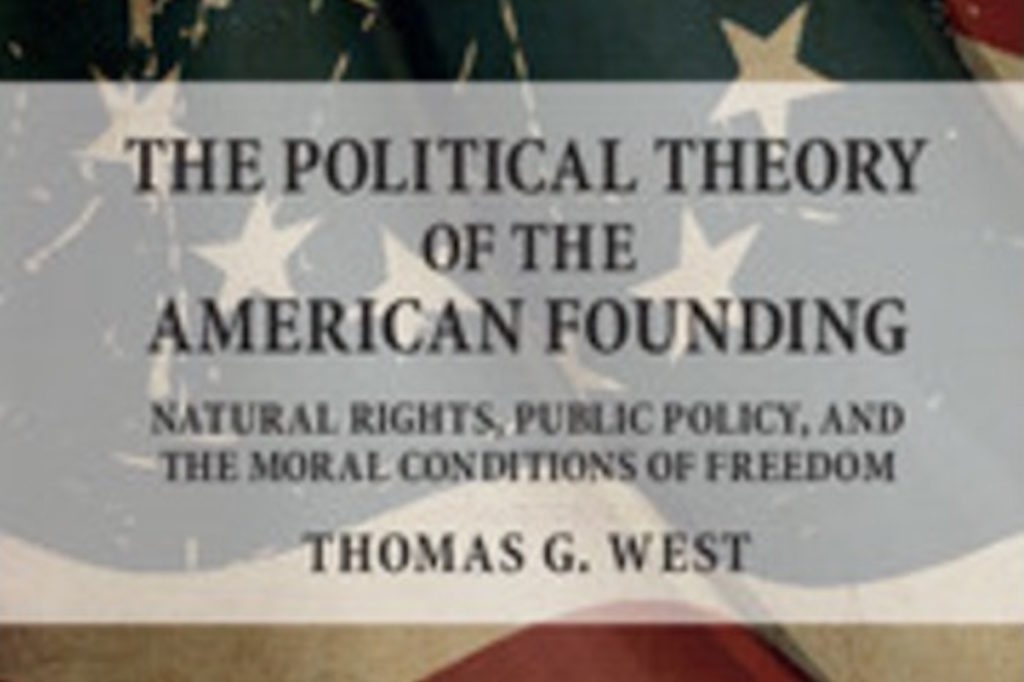
It is often alleged that the American founders lacked a unified and coherent political theory. To the contrary, a recent book by Thomas West shows that the founders broadly agreed on a philosophy of natural rights, calling for both the protection of liberty and the promotion of virtue.
Ted Cruz Is Right: The “International Community” Did Not Create the United States

In a heated Twitter exchange with Senator Ted Cruz, Harvard professor Joyce Chaplin recently claimed that recognition by the “international community” created the United States in 1783. From an international lawyer’s standpoint, this is nonsense.
Recovering a More Complex Story of the Christian West
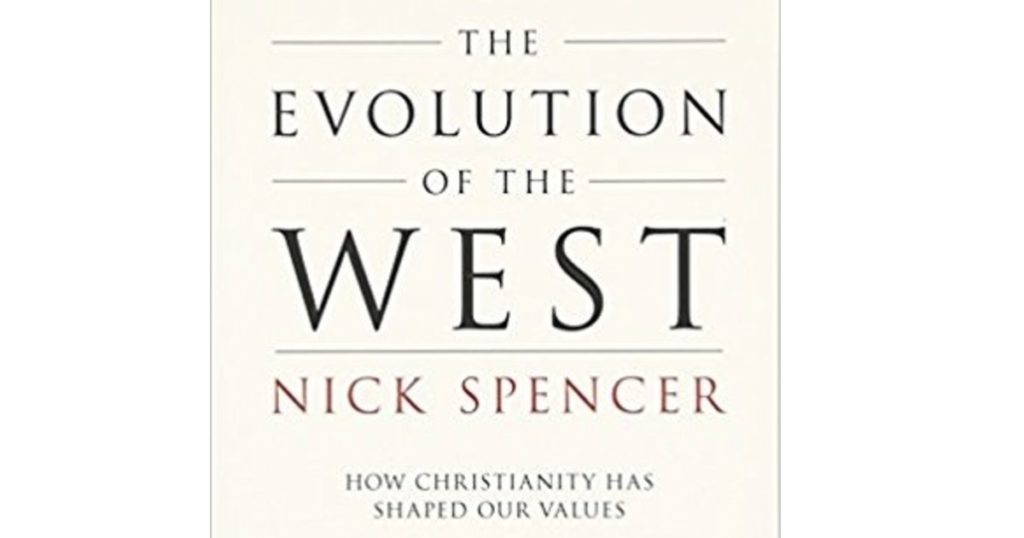
Nick Spencer’s recent collection of essays reminds us to appreciate the complex relationship between Christianity and modernity.
Fountainheads of Fusionism
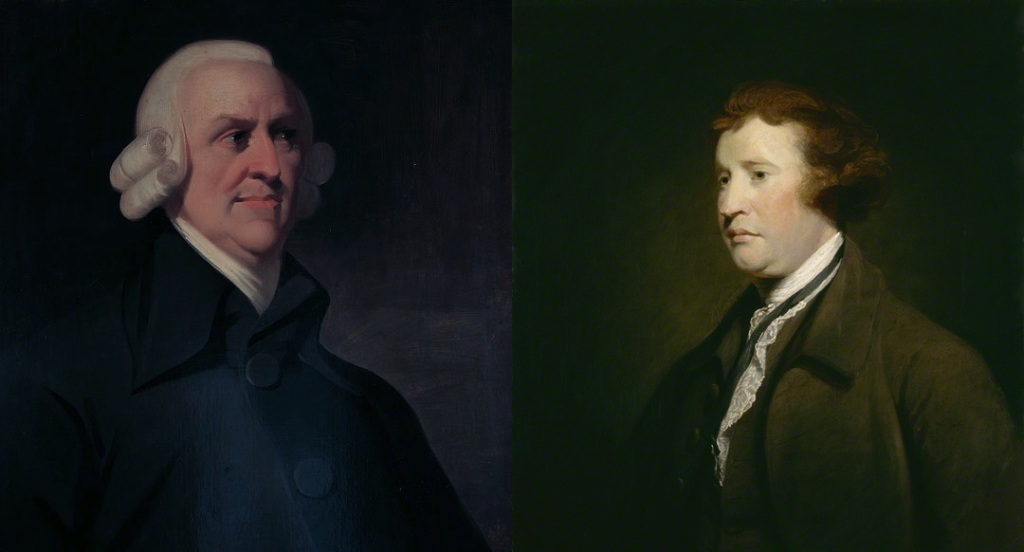
The relationship between Edmund Burke and Adam Smith underscores a fundamental connection between virtue and liberty.
Why There Are Only Two Sexes
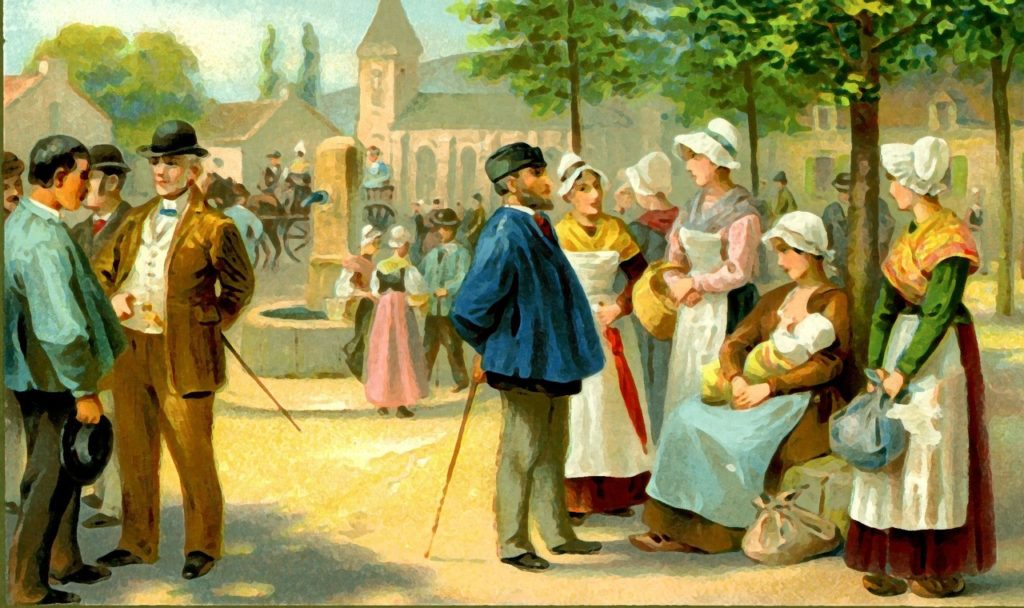
Men are men, and women are women. There is no third option.
Listening: An Antidote to the Modern University’s Incoherence
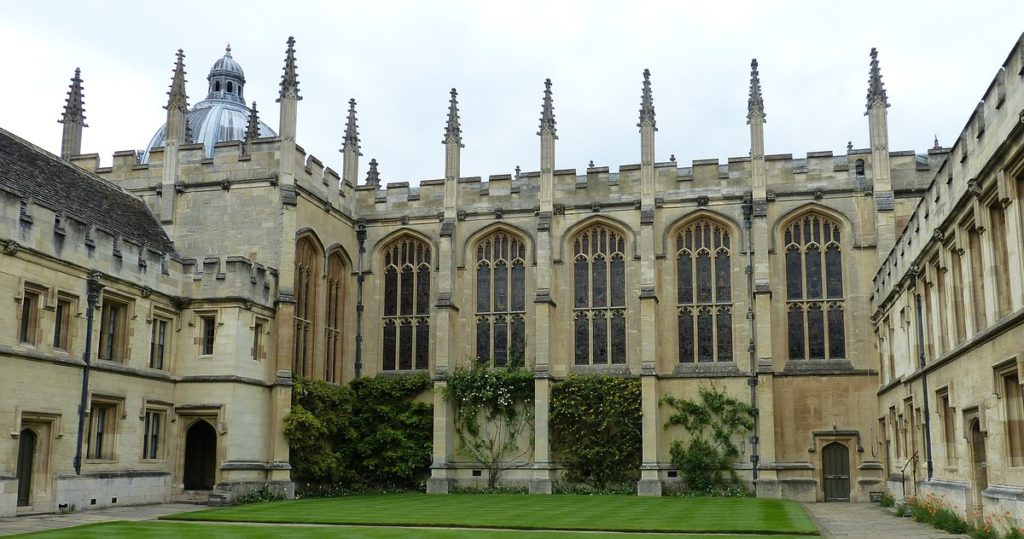
Our universities are struggling under competing epistemological trends. Teaching students to master these requires developing their power to listen.
Stuck in a Dangerous Rut: Conservative Discourse and Islam

If conservatives want to seriously help address issues related to Islam, the Muslim world, and encounters with the West, they need to escape their narrow information networks.




